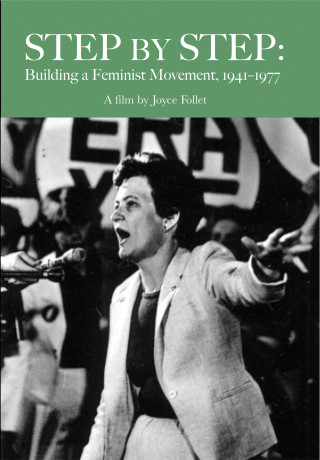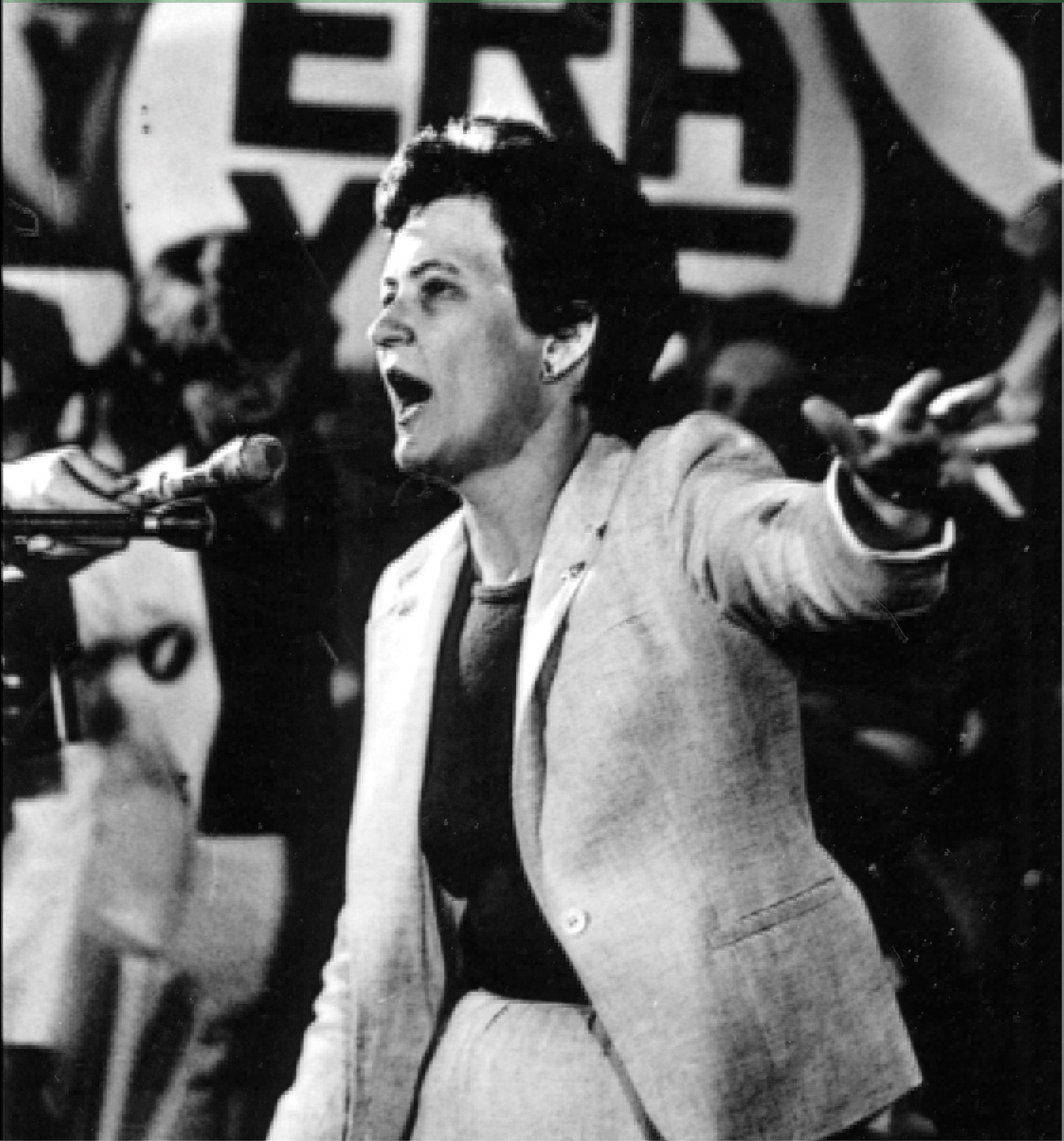
Step by Step: Building a Feminist Movement, 1941-1977
1998 | 56 minutes | Color | DVD | Order No. 00657
SYNOPSIS
K.Glaser, Video Librarian
PRESS
"An excellent documentary. Has the same intelligent and quiet passion of The Life and Times of Rosie the Riveter."
"Impressively organized and moving....The film is immediately engaging."
"Step by Step provides a missing piece of American history as it is traditionally taught. We need this video to teach our teachers as well as our students."
"...a very important addition to women's historic record. It is thoroughly wonderful."
SCREENING HIGHLIGHTS AND AWARDS
- National Women's Political Caucus and American Women in Radio and Television, Exceptional Merit Media Award
- Berkshire Women's History Conference
- American Historical Association
- Museo Reina Sofia
ABOUT FILMMAKER(S)
Since completing a Ph.D. in Women's History at the University of Wisconsin-Madison in 1991, Joyce has worked as a public historian, developing community education programs, practicing oral history, and producing historical documentary. She produced STEP BY STEP: BUILDING A FEMINIST MOVEMENT, 1941-1977 and co-produced CREATING WOMEN’S HISTORY: THE SOPHIA SMITH COLLECTION. At the Sophia Smith Collection, a national women’s history archives, she directed the Voices of Feminism Project to preserve oral histories and organization records of women typically marginalized in dominant national narratives. She also co-directed the Steinem Initiative, an experiment in activist-academic partnerships to integrate knowledge of women's past into campaigns for change today. In 2017 she launched the Reproductive Justice History Project, based at Smith College, to create an interactive digital toolkit that provides movement leaders with little-known stories and archival evidence of women’s organizing for sexual and reproductive health, rights, and justice, from colonization to the present. (03/19)

